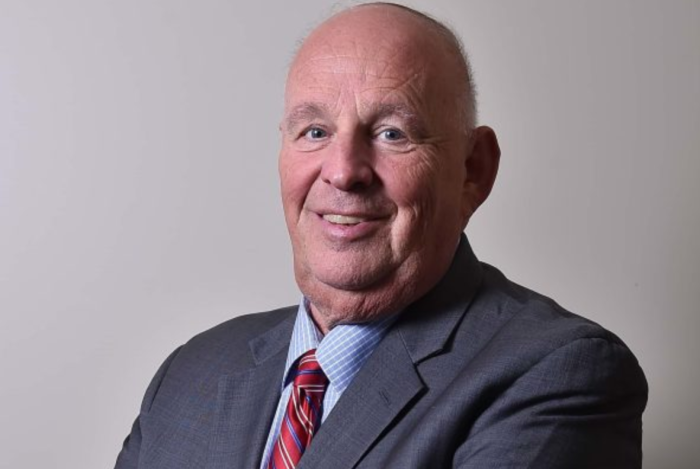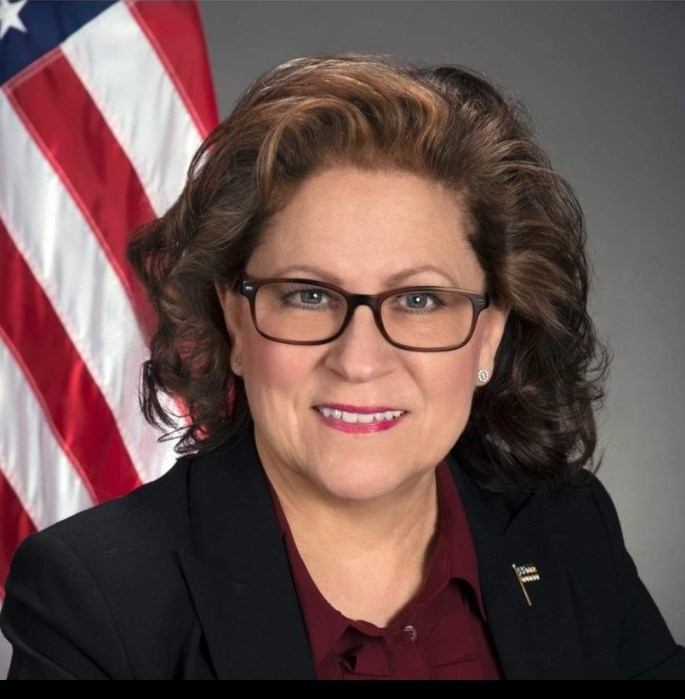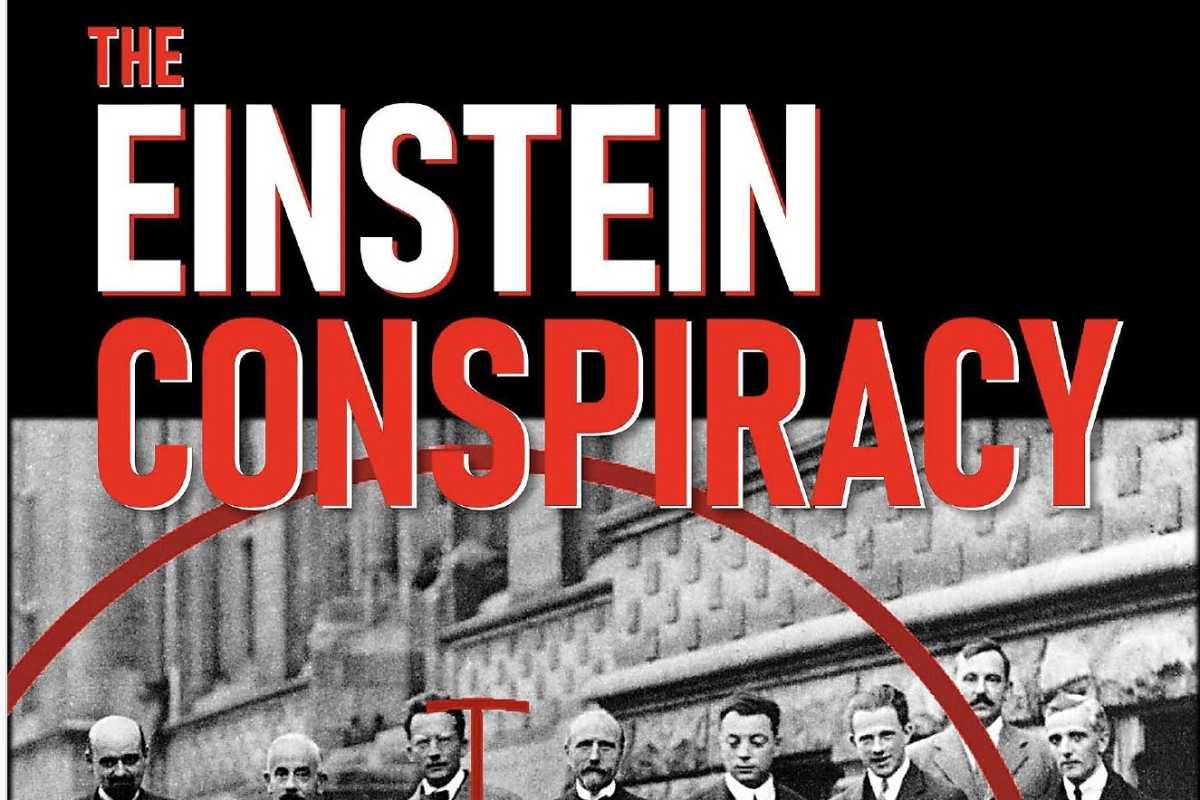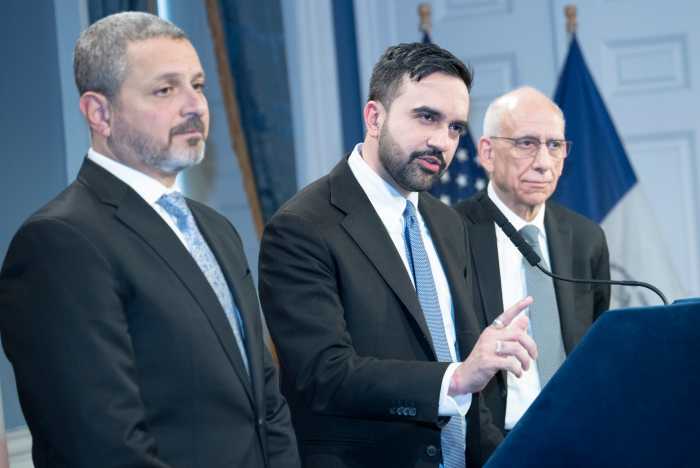Robert Freeman has been helping people extract public information from New York state agencies for four decades. He is the executive director of the New York Committee on Open Government, a division of the New York Department of State that advises the public on the Freedom of Information Law — the state statute authorizing access to public records.
While Freeman gives Gov. Andrew Cuomo credit for making a substantial amount of state data available online, he says the administration has been slower and more difficult than any previous administration in responding to formal Freedom of Information requests.
Several ProPublica reporters have recently experienced delays and resistance from New York state agencies in responding to such requests. Joaquin Sapien has spent the last several weeks reporting on violent crimes perpetrated by youngsters living in group homes throughout New York City. Last week, he received a response to a request for inspections of the homes and enforcement actions made against their operators from the Office of Child and Family Services. The response came two weeks past the 20-day-deadline and said the agency needed an additional 75 business days to fulfill the request.
Meanwhile, ProPublica reporter Michael Grabell has fought a three-year legal battle with the New York Police Department trying to obtain records on the department’s use of X-ray surveillance machines.
Freeman agreed to participate in a Q&A with Sapien. In it, Freeman, 68, draws on his experience working under seven different governors to speak to such delays in the release of public information and their underlying causes.
The transcript of the Q&A has been edited for clarity and space. (Listen to the full interview below or on SoundCloud.)
Sapien: What is the Committee on Open Government? How did it start? And how’d you get involved?
Freeman: The committee is a creation of the state’s Freedom of Information Law, which was initially enacted in 1974. And it came about, in fact, as the result of commentary by members of the news media. The news media pushed for the creation of some sort of an oversight body.
That led to an amendment to the original enactment to create what was then called the Committee of Public Access to Records. Our function really is quite simple. We give advice and guidance, either verbally or in writing, to anybody who has a question about public access to government information. The staff is tiny; it’s myself and one other. I describe this office as the smallest state agency that actually does anything and leave the rest to people’s imagination.
Sapien: Governor Cuomo, when he was running in 2010, pledged to usher in a new era of transparency, saying, “We must use technology to bring more sunlight to the operation of government.” Has he lived up to that promise?
Robert: The truth is, in relation to technology, in many ways, the answer is yes.
The governor has initiated an executive order which deals with open data, making data available online that is usable in ways that most of us can’t imagine. Certainly, there’s much more that is available online than in the past.
But then again, when it comes to the typical freedom of information request, state government has engaged in too many instances, in my opinion, in unnecessary and unwarranted and unreasonable delays.
Sapien: Has that been happening more now than before?
Freeman: I think it has but it has for a variety of reasons. Number one, Freedom of Information Law, I used the term FOIL before, it is part of the language in New York.
Our website receives literally millions of hits every year. People know about it and they use the law. That, I think, represents something of a cultural difference between New York and other places in this country, and in the world for that matter.
We fight City Hall. We make lots of requests. That has resulted, in some instances, in delays. In other situations, my belief is that delays have occurred due to, let’s say, a failure on the part of many to have the ability to act independently.
Sapien: What’s at the root of that failure? Is that a cultural issue within this administration, that’s particular to this administration?
Freeman: Every administration has wanted to exercise a degree of control. Some more than others. In my view, this administration seeks to do so more than its predecessors.
Sapien: Give us some examples of that.
Freeman: There are any number of situations in which agencies receive requests and are told that they really should not respond until they have an OK from the executive chamber. If you deal with press people at state agencies, you know that it’s difficult to get quick answers from them.
Once upon a time, and I’ve told this many times, years ago, I had a friend who worked here in Albany at the Capitol. I said to him, “There’s a significant story on every floor of every state agency building. You just have to get it.”
Back in the olden days, you could just walk into a state agency and talk to people. You can’t do that anymore. Generally speaking, the average state employee cannot talk to the press.
Sapien: Is it true, then, that information is more tightly controlled under the Cuomo administration than it has been under previous governors?
Freeman: I think that that is true.
Sapien: I want to bring up a specific example of Mr. Cuomo’s approach toward public records with regard to preserving and disclosing emails.
Apparently, he has adopted a controversial tactic of allowing or maybe even encouraging staffers to conduct official business on private email accounts. My colleague Justin Elliott has written about it.
Freeman: As I mentioned earlier, our law was enacted in its initial form in 1974. It was completely revised in 1978. When we were drafting the amendments in ’77, we tried to correct what we perceived to be deficiencies in the federal act. One of the deficiencies that exists to this day is that the federal Freedom of Information Act does not define what a federal agency record is.
The truth is [New York] got lucky. We got lucky. We drafted a definition of the term “record.” At the time, think about the late ’70s, high tech was an electric typewriter. We used carbon paper to make copies. There was no such thing as the (commercial) Internet or email. But since ’78, our law has dealt with all agency records. And the term record has been defined expansively to mean any information in any physical form whatsoever kept, held, filed, produced, or reproduced by, with, or for a government agency.
If I go home and I sit down at my home computer and I use my personal email address and I communicate with you in my capacity as an employee of the Department of State, that is a Department of State record. It falls within the coverage of the Freedom of Information Law and, like any other record, its content would determine what’s public and what’s not.
The question came up years ago, “Are those communications covered by FOIL?” The answer, based upon the definition of the term record, is clearly yes.
Sapien: Do you get the sense that public officials are doing this on purpose, that using a private email account will make it more difficult for people to get their hands on those records in the future?
Freeman: Sometimes, that may be so. The truth is, we heard about that in the Bloomberg administration. We’ve heard about it many times since. Whether that is done purposefully, or with knowledge of FOIL or not, I don’t know. I don’t know and I think it will vary from one situation to the next.
Sapien: Taking it back down to a local level, Mayor Bill de Blasio of New York also ran on a campaign of openness and transparency. How does he stand on answering open records requests? What are you hearing about that?
Freeman: I’ve been somewhat disappointed. You might know that when Mr. de Blasio was public advocate, he engaged in what amounted to a freedom of information audit of New York City agencies. He put out a report which consisted, by and large, of a report card where city agencies were graded relative to their compliance or absence of compliance with FOIL.
Based upon that interest, my hope was that, with the new mayor, the implementation of FOIL would improve in New York City. I don’t see that that has happened.
Sapien: What’s the evidence that it hasn’t happened?
Freeman: Again, there are any number of situations in which a request will be made and the agency engages in what I would consider to be unreasonable delays. There have been other situations in which I believe that they have engaged in unreasonable denials of access. For better or for worse, it is not uncommon.
Sapien: The NYPD has long frustrated the press and advocates with its obstinance on public records. I’ll give you an example from our very own reporter, Michael Grabell.
In January of 2012, Michael was writing about xray machines used by law enforcement. He learned that the New York Police Department was using them, and that the machines have raised serious civil rights and privacy concerns, and radiation from the machines has been linked to health problems.
He submitted a FOIL request. He asked for some basics: How many xran vans the police had, the after action reports, documents regarding policy and procedure, things like that.
For three years, Grabell and the department went back and forth with appeals and denials. Finally, in December 2014, a New York County judge ordered the police department to produce some of what he’d been asking for.
Now, the police have appealed to a higher court. The soonest a ruling could come would be in January of 2016. So that’s one request, four years of legal drama, and still no records. How common is that?
Freeman: Several points to be made. In terms of the delay, I mentioned earlier that the Committee on Open Government submits a report to the governor and the legislature. We offer legislative proposals. One of them is soon to go before the governor. It’s passed both houses of the legislature. It would deal with the issue of delay.
Any time somebody sues, the loser has 30 days to appeal. Thirty days to file a notice of appeal. Thereafter, it has a certain period of time within which it must perfect the appeal by filing a brief. It can be, in some cases, as much as nine months.
What you described happens far too frequently. We described the issue as access delayed is the equivalent of access denied. This bill would say, yep, the agency still has 30 days to appeal, but from there it has 60 days, not nine months, to perfect the appeal. If they don’t do that, the appeal would be deemed abandoned. That’s point one. We’re working on that. My hope is that that will become law within a very few weeks.
Sapien: So take us behind the scenes a little bit. I think reporters often wonder what these FOIL officers are doing when it takes months or years to respond to a request, often with a blanket denial.
Is this deliberate? Is it laziness? Is it a cultural problem? What’s going on in these state agencies when our requests go unanswered for so long?
Freeman: I think it’s a combination of all of those things. First of all, I do know, and I’m going to defend the agencies, we are as thin as we have ever been. The truth is that there are many, many agencies that simply can’t do as much work as they used to do not so long ago.
It’s an aging workforce. I’m an old guy. The truth is that people leave. They retire. They die. In too many situations, you don’t have people at the agency who have the ability to pick up the ball and carry out the duties, the functions in the same way.
Sometimes, yes, I think it is institutional resistance. Sometimes, it may be sloth. We just don’t want to go look for it. We don’t want to go through it. We don’t want to do what the Court of Appeals, the state’s highest court, has told us. And in fact, you used the phrase that the court used. The court rankled when the New York City Police Department engaged in what it called, “The blanket denial of access.”
FOIL says that all government agency records are available except those records or portions of records that fall within a series of exceptions. There are any number of situations in which some elements of a record, even on a single page, will be public. Others might justifiably be withheld. But it is unusual that the entirety of the page, of the document, will justifiably be withheld.
FOIL says, at least the way I see it, very basically that all records are available except those records or portions of records that fall within a series of exceptions. Those exceptions are based upon common sense.
All the law really should ever say is that everything is available except to the extent that disclosure would hurt – either somebody in terms of an invasion of privacy, the government in terms of its ability to do its job well on behalf of the public or, on occasion, a private company visàvis its competition.
The real question in so many instances is, “What would happen if we had to disclose?” And unless the answer in the gut is, “Ouch, this would really hurt,” disclosure ordinarily should be the outcome. Obviously, that’s an oversimplification, but that’s what the law is about. In fact, the law specifies that the government has to meet the burden of defending secrecy.
Sapien: You’ve obviously been outspoken and in favor of disclosure for a long time now. You’ve helped a lot of people get records, many of whom in our own office.
Freeman: It’s hard to believe that they pay me to do this, actually. They don’t pay me very much.
Sapien: That’s what I’m getting to. Being a state employee, have you been the subject of criticism or backlash from your colleagues in state government?
Freeman: Not as far as I know. Behind closed doors, probably, but I think that there’s a recognition that to function at all this office has to be independent.
It’s interesting that you raise the question, because for all intents and purposes, my first real boss was Mario Cuomo, who above all, was a lawyer. He arrived as Secretary of State, his first government job, in 1975. I was pretty much a kid. I picked up the phone because it rang and answered people’s correspondence because it landed on my desk and offered what I believed to be the right answer under the law, regardless of the source of the question.
Things have not changed since then. This office has always been independent.
Sapien: So what’s the big picture lesson for folks who want to obtain public information? How do we heighten our chances of getting the most and the best information possible through our FOIL requests?
Robert: Number one, use our website. It’s easy to find. We’re the only Committee on Open Government in the world. You simply Google “COOG” and you’ll get there. We have an immense amount of material that’s available online. You scroll to “Freedom of Information Law.” There will be a box that says, “Advisory Opinions.”
We’ve written 25,000 over the course of years. They’re indexed by key phrase. Use them. You find an opinion that supports your point of view and you make a request. Attach it to the request so that you can show that you’ve done your homework, that it’s not you alone who wants it, that other people have wanted the same information in the past, that you’re referring to the language of the law, and usually judicial precedent to back you up.
The other thing that I think is absolutely critical, and I’ve said this a thousand times, I refer often to the statement offered by Judge Louis Brandeis 102 years ago. “Sunlight is the best disinfectant.” That’s what you do. You shed light on situations.
Often, when you do, when you tell the world, either good things begin to happen or bad things stop happening. I think that the effort to continue to do that has to go on forever.
Help us investigate: If you have experience with or information about transparency in government, email joaquin.sapien@propublica.org.
Related stories: For more coverage, read ProPublica’s previous reporting on the Cuomo administration’s use of private email to conduct government business and our legal fight for New York Police Department records on X-ray surveillance machines.
ProPublica is a Pulitzer Prize-winning investigative newsroom. Sign up for their newsletter.































